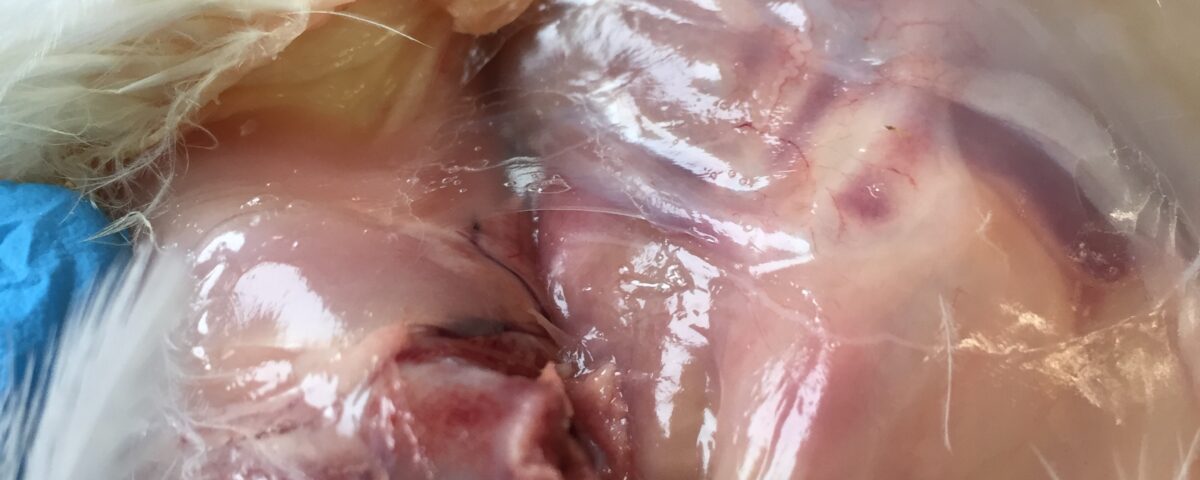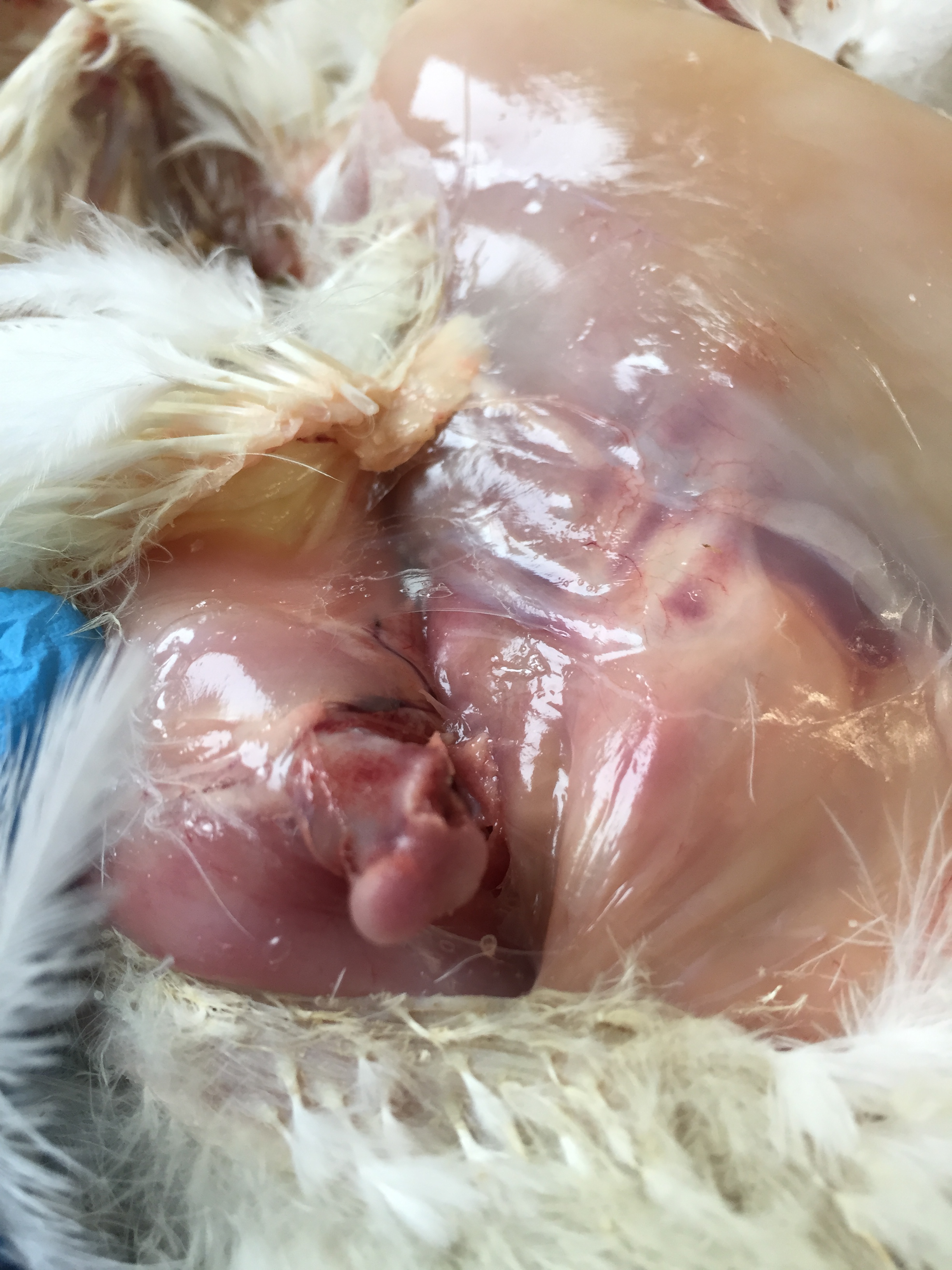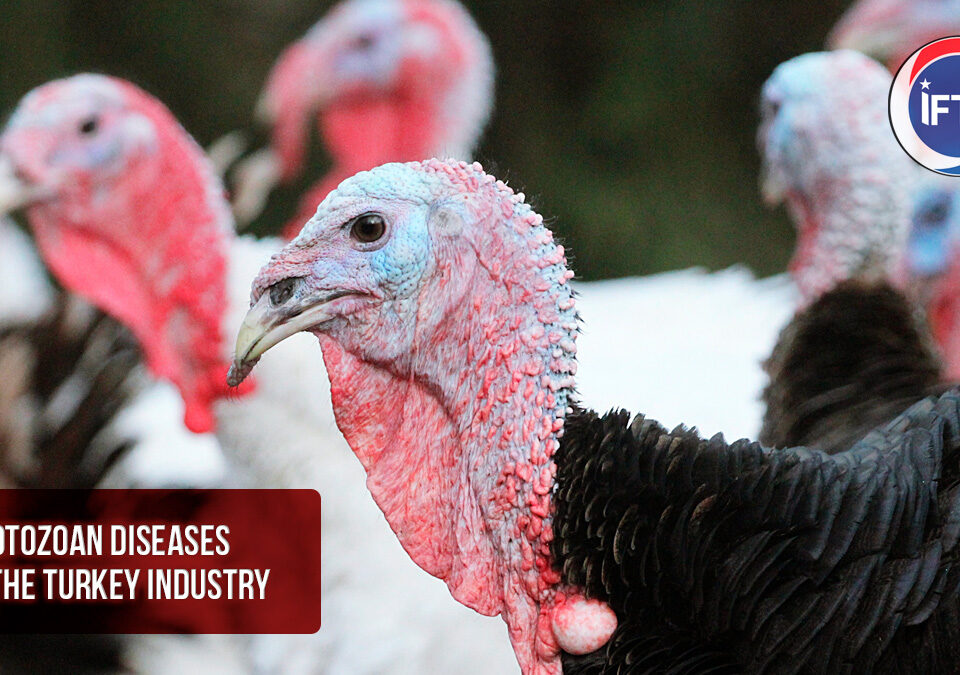
Femoral head necrosis is a very frequent lesion found in current poultry farms, both in laying hens and in broiler chickens, which can appear as a total fracture of the bone’shead or as partial fractures in it.
This pathology usually begins as a bacterial osteomyelitis, but different nutritional alterations can be triggers or aggravating factors. For example, alterations in the levels of calcium, phosphorus or vitamin D supplementation that can lead to rickets, and malabsorption of nutrients can also lead to bone alterations promote the appearance or aggravation of femoral head necrosis
Regarding the etiology, the main agents involved in this pathology are Staphylococcus aureus and Escherichia coli, since they have been generally isolated. Staphylococcus aureus is more frequently isolated in breeding animals and E. coli in broiler chickens, although both can be involved.
Bacteria colonize the blood vessels of the epiphyseal plate, especially in areas where the blood flow is weaker, such as in the femoral head, or in altered cartilage areas. After colonization, osteomyelitis occurs and, subsequently, an initial necrosis of the chondrocytes that later advances to the bone.
It is a problem that is usually identified through the observation of immobile birds or animals that can’t stand still, due to the pain derived from the injuries, which leads to a limp and the subsequent immobility.
Post mortem, this pathology can be identified by dislocation of the hip joint. In relatively milder cases, the head separates from the femur and remains in the acetabulum, while in more severe cases the fracture appears in the proximal part of the femur, affecting the head and neck of the bone.
Although it is difficult to prevent this pathology, it is important to pay special attention to:
- The feeding program: vitamins, macro and microminerals and the calcium/phosphorus ratio have high importance for a correct development of the musculoskeletal system. Vitamin D3 is very important in fast-growing broilers and laying hens, since a lack of availability is a predisposing factor in the appearance of locomotor problems.
- The intestinal health: it is fundamental that the intestine presents an adequate integrity that allows a correct absorption of nutrients and, therefore, a good development. In addition, the proper balance of the microorganisms present in the intestine will also depend on this integrity, avoiding the proliferation of pathogens. Intestinal integrity can be enhanced through the use of natural products.
- Immune status: both locally and generally, the immunity must have sufficient capacity to act against the microorganisms to which the animals are exposed daily. For this, proper nutrient supply and vaccination plan are important. Immunity can be enhanced using immunostimulants.


